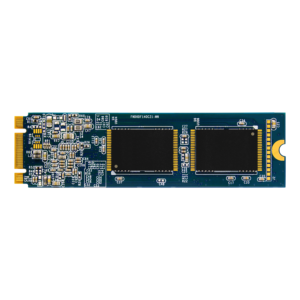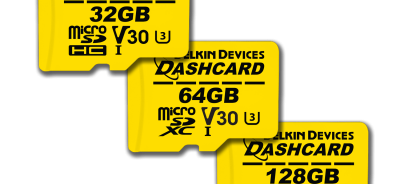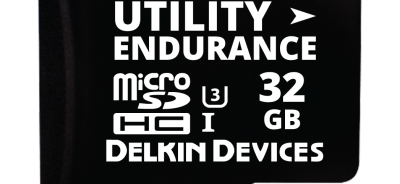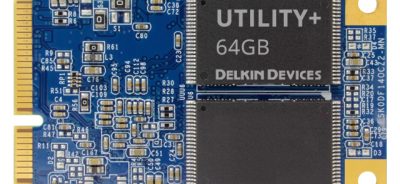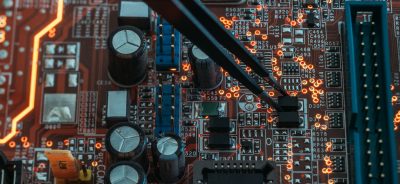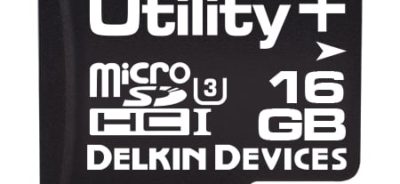FAQs about Flash Based SSDs
Flash based SSDs are ubiquitous in industrial applications. They take advantage of the reliability of flash storage and do away with the moving components found in HDDs, resulting in faster operations and lower risk of data loss. You can find flash based SSDs in a huge array of consumer and industrial grade applications, from laptop computers to complex medical devices. Although there are two kinds of flash memory—NAND and NOR—most storage devices are designed with NAND flash, or a combination of NAND and NOR. Is a flash based SSD right for your device design? Here are some of the questions that are often on the minds of OEMs and developers.
What exactly is a flash based SSD?
An SSD is a solid state drive, and a flash based SSD is one that uses flash memory, as opposed to a RAM based SSD. Flash based SSDs provide non-volatile storage, which means that it is not necessary for the memory device to have a power supply in order to retain data or coding. Flash based SSDs are an alternative to HDDs, or hard disk drives. HDDs have spinning disks that must move to both read and write data during operations. With an HDD, the disk stores the data, while the data in a flash based SSD is stored on cells within the memory device. With a flash based SSD, the data is written and read using high voltage charges applied to the cells.
Are there different kinds of flash based SSDs?
There are different types of flash based SSDs, and the most important differentiating factor between them is the type of flash used. SLC NAND flash refers to single-level cell NAND flash. SLC is often used in industrial applications because of its reliability and speed. With this kind of flash, each cell holds a single bit of data, which reduces the risk of read and write errors and allows for the longest possible NAND flash life.
MLC NAND flash, or multi-level cell NAND flash, is used in some industrial devices and in a wide range of consumer devices. With this kind of flash, two bits of data are stored per cell. The read and write operations are slightly slower and more vulnerable to errors than with SLC flash, but it is still faster and more reliable than HDDs. TLC, or triple-level cell NAND flash, is another format that is used primarily in consumer devices.
When should I use a flash based SSD?
Because of the advantages of flash based SSDs, they are now being used more than ever before. They are especially appropriate for use in industrial applications in which it is necessary to have the upmost level of reliability, even in exacting operating conditions.
The best way to learn more about flash based SSDs and other memory options is to contact Delkin. Our customer service team is ready to answer any questions about your specific device needs.
 Login
Login Register
Register


